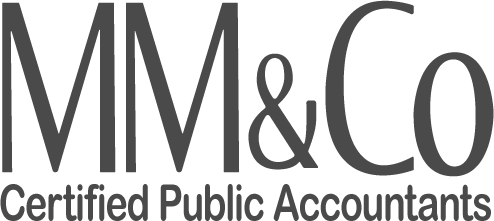Q: We are a company in Singapore (or any other country abroad). We are keen to incorporate a subsidiary in the Philippines. Are you able to share with us the various entities available for them? Do you have any summary of the pros and cons for this? That is, to incorporate a private limited company, as opposed to a Branch office or a Rep office?
A: We prefer that we answer your questions rather than direct you to websites which may not give you complete information that you shall need.
We have clients from Singapore (or from other countries abroad) that set up businesses here in the Philippines. We helped them set up and can also share with you details on the options and pros & cons as you mentioned. Yes, tax rates are different based on the entity set up and its operations/activities. But first, kindly give me an idea of the following so I can trim down the needed info that I can compile for your better appreciation:
1. Nature of their business. Is it Information Technology business, Sale/subscription of software, Trading, Manufacturing, BPO, Other services?
2. Purpose of their business? What activities shall they enter into? Will there be export of goods or services from the Philippines (PH) back to SG or other countries? or, PH transactions only, or combination?
3. What are the nationalities of the directors/incorporators and how many? Will there be Filipinos?
We can also suggest to you set up options that may be attractive for them in order to manage/reduce taxation here in the Philippines.
Just a little background for you of some types of entities that are registered here.
A Representative Office may be established to deal directly with the clients of its parent company in the Philippines and to undertake activities, including, but not limited to, information dissemination and promotion of the company’s products as well as quality control. A representative office SHOULD not derive income in the Philippines and is fully subsidized by its head office. A representative office must have an initial inward remittance of US $30,000 to fund its operations.
Domestic corporations. In general, on net income from all sources. Minimum corporate income tax (MCIT) on gross income, beginning in the fourth taxable year following the year of commencement of business operations. MCIT is imposed where the CIT at 30% is less than 2% MCIT on gross income.
Resident foreign corporations (Branches) are taxed on their net income from Philippine sources at the rate of 30 percent.
A non-resident foreign corporation is accountable to a final withholding tax of its gross income from Philippine sources at the rate of 30 percent. If with Tax Treaty, exempt or a lower rate shall apply upon accomplishment of the local requirement.
Q: Is there also a necessity that one of the directors of the company be a Filipino? Also, is there any restriction on the shareholders being 100% foreign (ie shares held by foreign individuals or foreign entities)?
That would depend on the nature of the business/activities. There is a Negative List that we can send to you for your review. Many of the activities are limited to up to 40% Foreign Equity. Some, 30% & 60%, etc. If the type of business/activities your client shall conduct is not part of the list, then, 100% Foreign Equity can be allowed. If 100% Foreign, normally the SEC shall require a Resident Filipino as a Resident Agent who shall be the main contact of the government on behalf of the Foreign entity.
Generally, corporations that are more than 40 percent foreign-owned as well as branches of foreign corporations that are considered domestic market enterprises must have a paid-in capital of at least US $200,000. The paid-in capital requirement is reduced to US $100,000 for domestic market enterprises whose activities involve advanced technology or which employ at least 50 direct employees.
A Branch can be issued a license without a minimum paid up capital (as long as reasonable) provided that 60% of its sales are export sales. Basis: Entities that qualify as export enterprises (enterprises that export 60 percent or more of their output) are not subject to any minimum paid-in capital requirement- Capital should be reasonable to cover expenses.


